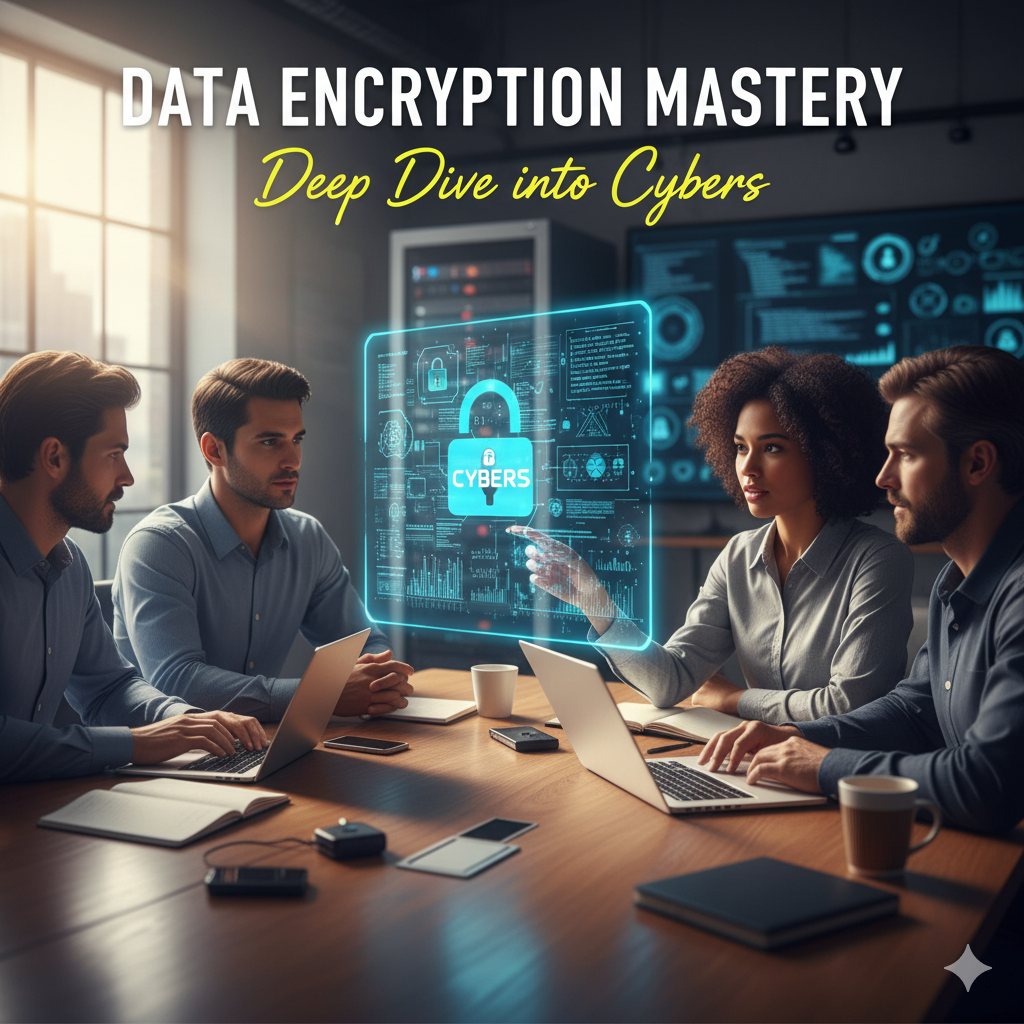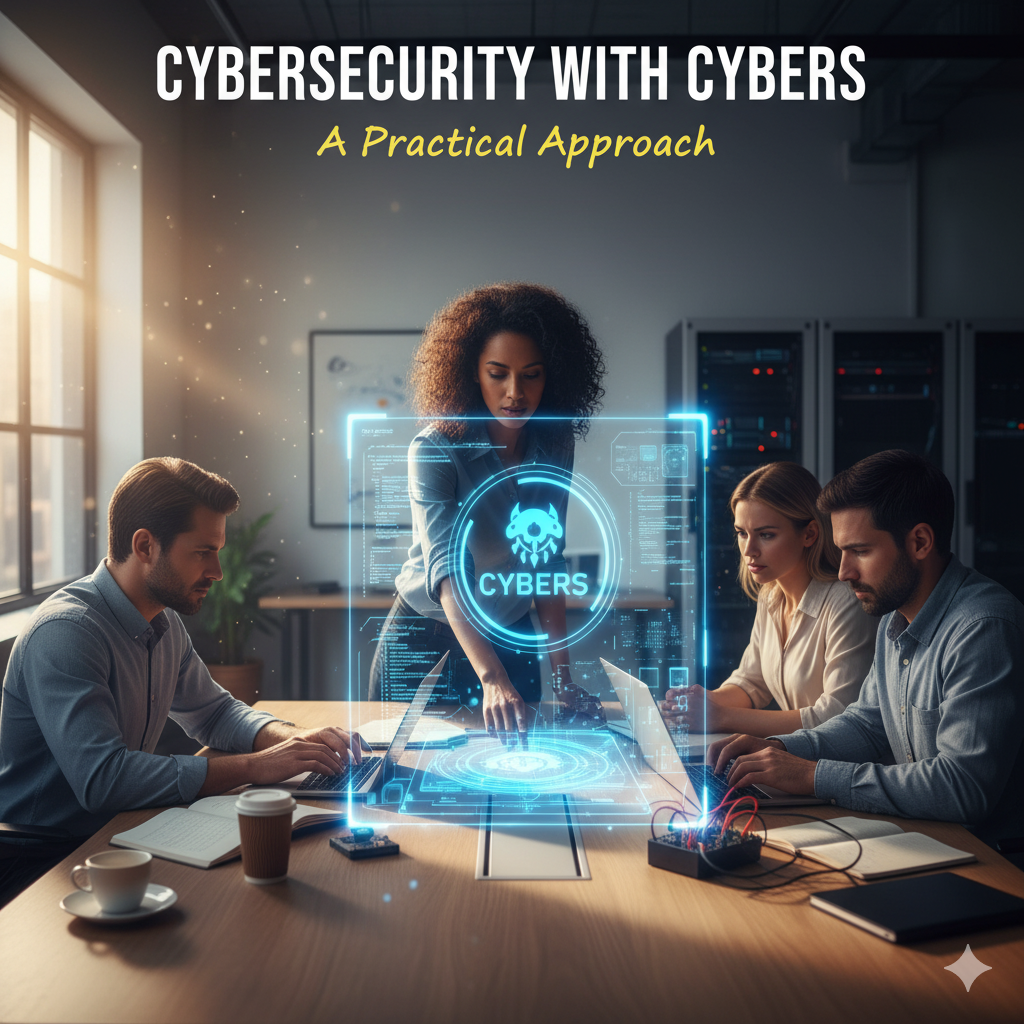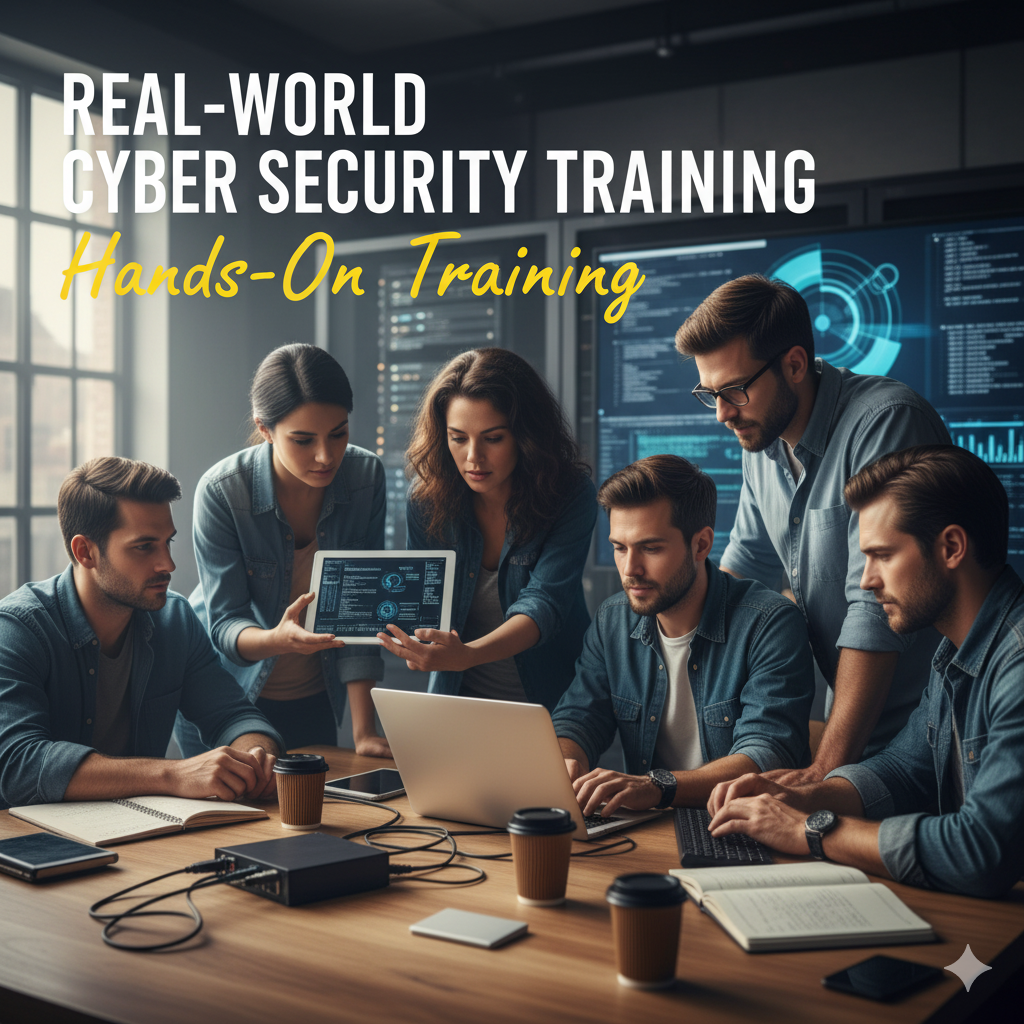Currently Empty: $0.00
Share This Course
01
Introduction
Introduction
02
Objectives
Objectives
03
Who Should Attend?
Who Should Attend?
04
Training Method
Training Method
05
Course Outline
Course Outline
The modern courtroom is increasingly a digital crime scene. From emails and text messages to social media posts, cloud data, and metadata, electronic evidence (e-evidence) is now central to the vast majority of civil and criminal cases. However, this evidence is fragile, technically complex, and governed by a stringent set of legal rules. A single misstep in its collection, handling, or presentation can render it inadmissible, jeopardizing a case entirely.
This course provides a comprehensive guide to the entire lifecycle of electronic evidence. It bridges the critical gap between law and technology, equipping legal professionals with the knowledge to properly request and handle digital evidence, and technical professionals with the understanding of the legal standards they must meet. Participants will learn the rules of evidence as they apply to digital data, the forensic techniques used to preserve its integrity, and the persuasive strategies for presenting it effectively to a judge and jury.
Upon successful completion of this course, participants will be able to:
-
Identify the various forms of electronic evidence and their potential relevance to legal disputes.
-
Apply the key legal principles for the admissibility of electronic evidence, including authenticity, relevance, hearsay, and the best evidence rule.
-
Design and execute a legally-sound process for the preservation and collection of e-evidence to maintain a defensible chain of custody.
-
Interpret basic forensic reports and metadata to support legal arguments.
-
Formulate effective strategies for introducing e-evidence at trial, including drafting motions, examining expert witnesses, and overcoming objections.
-
Evaluate the ethical considerations and privacy laws impacting the discovery and use of electronic evidence.
This course is essential for professionals on both sides of the legal process who work with digital information:
-
Lawyers and Attorneys (Litigators, Corporate Counsel, Prosecutors, Defense Counsel)
-
Judges and Magistrates
-
Paralegals and Legal Assistants
-
Law Enforcement Officers and Investigators
-
Digital Forensic Examiners and IT Security Professionals
-
Compliance and Risk Management Officers
-
Human Resources Professionals involved in investigations
• Pre-assessment
• Live group instruction
• Use of real-world examples, case studies and exercises
• Interactive participation and discussion
• Power point presentation, LCD and flip chart
• Group activities and tests
• Each participant receives a binder containing a copy of the presentation
• slides and handouts
• Post-assessment
Day 1: The Foundation of Electronic Evidence
-
Morning Session: Introduction to the Digital Landscape
-
The Pervasiveness of E-Evidence: Types and Sources (Computers, Mobiles, Cloud, IoT, Social Media).
-
Key Challenges: Volume, Volatility, Verification, and Technical Complexity.
-
Overview of the E-Evidence Lifecycle: Identification, Preservation, Collection, Analysis, Presentation.
-
-
Afternoon Session: The Legal Framework for Admissibility
-
Applying the Rules of Evidence to Digital Data: Relevance, Authenticity, Hearsay, and Original/Best Evidence Rule.
-
The Foundation Requirement for E-Evidence: What it means to “lay a foundation.”
-
Case Study Analysis: Review case law where e-evidence was admitted or excluded and discuss why.
-
Day 2: Preservation and Collection: Getting it Right from the Start
-
Morning Session: Legal Duties and Forensic Soundness
-
The Legal Hold: Duties to Preserve Evidence and Spoliation Sanctions.
-
Principles of Forensic Acquisition: Live vs. Static Evidence; Hash Values; Write-Blockers.
-
The Chain of Custody: Documentation and Protocols for Integrity.
-
-
Afternoon Session: Practical Collection Strategies
-
Collecting Data from Devices, Networks, and Cloud Service Providers.
-
Working with Third Parties: subpoenas, court orders, and SLAs.
-
Workshop: Draft a preservation letter and a checklist for collecting evidence from a former employee’s company laptop.
-
Day 3: Analysis, Authentication, and Hearsay
-
Morning Session: From Data to Evidence
-
Understanding Metadata: What it is and why it’s critical for authentication.
-
Reading Basic Forensic Reports: Timeline analysis, file system artifacts, internet history.
-
The Role of the Digital Forensic Expert.
-
-
Afternoon Session: Overcoming Key Evidentiary Hurdles
-
Authenticating E-Evidence: Methods for emails, social media, text messages, and digital files.
-
defeating Hearsay Objections: Business Records Exception, Party-Admission, and State of Mind.
-
Practical Exercise: Develop an authentication strategy for a set of evidentiary items (e.g., a Facebook post, a text message thread, a digital contract).
-
Day 4: Discovery, Privacy, and Ethics
-
Morning Session: The E-Discovery Process
-
Overview of the EDRM (Electronic Discovery Reference Model).
-
Negotiating the Scope of E-Discovery: Proportionality and Cost-Shifting.
-
Technology-Assisted Review (TAR) and Predictive Coding.
-
-
Afternoon Session: Privacy and Ethical Walls
-
Navigating Privacy Laws: GDPR, CCPA, and other regulations impacting evidence collection.
-
Attorney-Client Privilege in the Digital Age: Avoiding inadvertent waiver.
-
Ethical Considerations for Lawyers and Investigators.
-
Day 5: Presentation and Trial Strategy
-
Morning Session: Pre-Trial Motions and Expert Witnesses
-
Drafting Motions in Limine to admit or exclude e-evidence.
-
Preparing the Digital Forensic Expert for Deposition and Trial Testimony.
-
Direct and Cross-Examination of Experts.
-
-
Afternoon Session: Courtroom Presentation
-
Visualizing Data for the Court: Creating clear and compelling exhibits (timelines, maps, etc.).
-
Capstone Mock Hearing: Teams present a piece of e-evidence before a “judge,” arguing for its admission against opposing counsel’s objections.
-
Course Recap: Key Takeaways and Best Practices for Inducing Electronic Evidence.
-
Final Q&A and Certification.
-
- Course Details
- Address
Damascus
- Location
- Phone
+963 112226969
- Fees
300 $
More Course

Cloud Mastery Build Deploy Scale #259011
Fees : $ 300

Data Encryption Mastery Deep Dive into Cybers #259010
Fees : $ 300
Start Date : December 14, 2026
End Date : December 18, 2026
Type Of Course : Offline Course
Location : Damascus
Course Category : Cyber Security & Technology

Data Encryption Mastery Deep Dive into Cybers #259010
Fees : $ 300
Start Date : July 27, 2026
End Date : July 31, 2026
Type Of Course : Offline Course
Location : Damascus
Course Category : Cyber Security & Technology

Data Encryption Mastery Deep Dive into Cybers #259010
Fees : $ 300
Start Date : March 9, 2026
End Date : March 13, 2026
Type Of Course : Offline Course
Location : Damascus
Course Category : Cyber Security & Technology

Cybersecurity with Cybers A Practical Approach #259009
Fees : $ 300
Start Date : December 7, 2026
End Date : December 11, 2026
Type Of Course : Offline Course
Location : Damascus
Course Category : Cyber Security & Technology

Cybersecurity with Cybers A Practical Approach #259009
Fees : $ 300
Start Date : July 20, 2026
End Date : July 24, 2026
Type Of Course : Offline Course
Location : Damascus
Course Category : Cyber Security & Technology

Cybersecurity with Cybers A Practical Approach #259009
Fees : $ 300
Start Date : March 2, 2026
End Date : March 6, 2026
Type Of Course : Offline Course
Location : Damascus
Course Category : Cyber Security & Technology

Real World Cyber Security Hands On Training #259008
Fees : $ 300
Start Date : November 30, 2026
End Date : December 4, 2026
Type Of Course : Offline Course
Location : Damascus
Course Category : Cyber Security & Technology

Real World Cyber Security Hands On Training #259008
Fees : $ 300
Start Date : July 13, 2026
End Date : July 17, 2026
Type Of Course : Offline Course
Location : Damascus
Course Category : Cyber Security & Technology

Real World Cyber Security Hands On Training #259008
Fees : $ 300
Start Date : February 23, 2026
End Date : February 27, 2026
Type Of Course : Offline Course
Location : Damascus
Course Category : Cyber Security & Technology

future centre Join our platform to access flexible learning, expert instructors, and industry-relevant courses designed to help you succeed in your career
Categories
© Copyright 2026 Future Centre | All Rughts Reserved
Sign In
or sign in with email
The password must have a minimum of 8 characters of numbers and letters, contain at least 1 capital letter
Years of experience in teaching
Choose your academic specialty
Country/Region
Your Address
Your Address
Upload Your Resume
Upload file
Supported file formats
Drag file here or click the button.
.png, .jpg, .jpeg, .mp4, .pdf
Uploading...
Terms & Conditions
By selecting this option, you confirm that you agree to the Terms and Conditions

